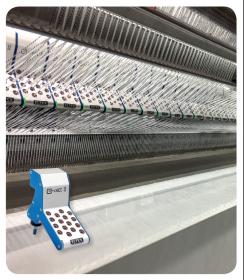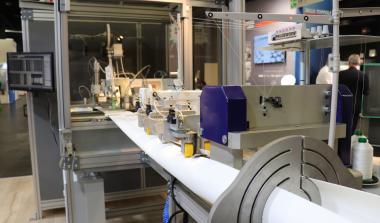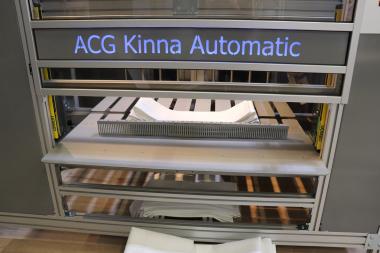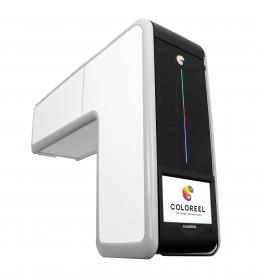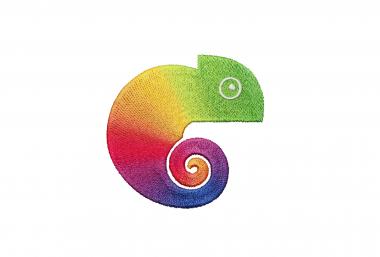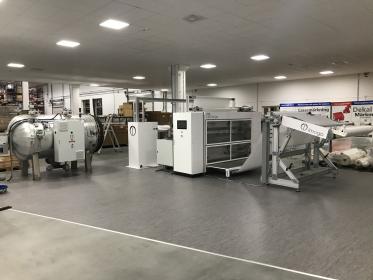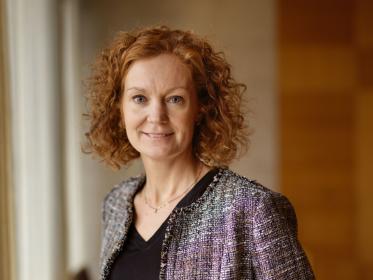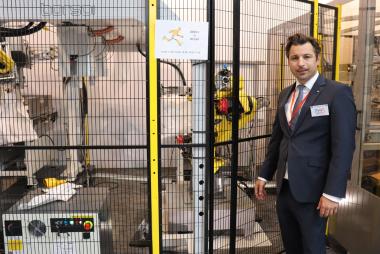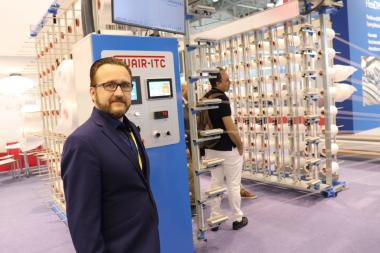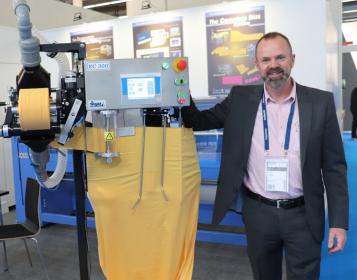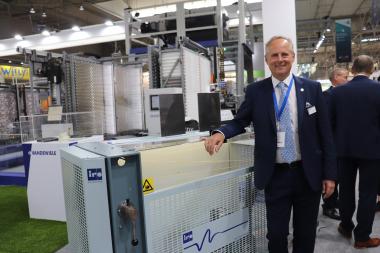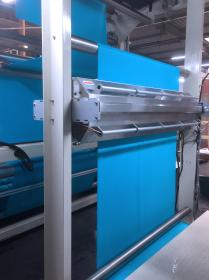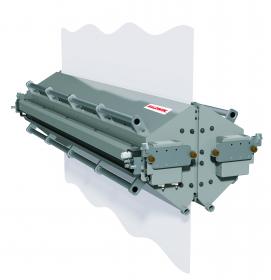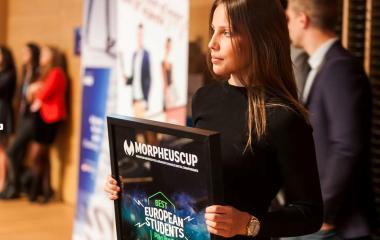TMAS members ready to support digital textile transformations, post Covid-19
- Members of TMAS – the Swedish textile machinery association – have adopted a range of new strategies in response to the Covid-19 pandemic, aimed at assisting manufacturers of textiles and apparel to adjust to a new normal, as Europe and other regions emerge cautiously from lockdown.
“Many European companies have been forced into testing new working methods and looking at what it’s possible to do remotely, and how to exploit automation to the full, in order to become more flexible,” says TMAS Secretary General Therese Premler-Andersson. “Others have been taking risks where they see opportunies and there’s a new sense of solidarity among companies.
“It’s extremely encouraging, for example, that over five hundred European companies from across our supply chain are reported to have responded to the shortages of facemasks and PPE – protective personal equipment – by converting parts of their sites or investing in new equipment.”
New supply chains
Amongst them are TMAS members of the ACG Group, who quickly established a dedicated new nonwovens fabric converting and single-use garment making-up plant to supply to the Swedish health authorities. From a standing start in March, this is now producing 1.8 million square metres of converted fabric and turning it into 692,000 finished medical garments each month.
“In 2020 so far, we have seen new value chains being created and a certain amount of permanent reshoring is now inevitable,” says Premler-Andersson. “This is being backed by the new funding announced in the European Union’s Next Generation EU plan, with €750 billion marked for helping industry recover. As the European Commission President Ursula von der Leyen has stressed, “green and digital” transitions hold the key to Europe’s future prosperity and resilience, and TMAS members have new solutions to assist in both areas.”
Remote working
Automated solutions have opened up many possibilities for remote working during the pandemic. Texo AB, for example, the specialist in wide-width weaving looms for the paper industry, was able to successfully complete the build and delivery of a major multi-container order between April and May.
“Our new Remote Guidance software now makes it possible for us to carry out some of the commissioning and troubleshooting of such new lines remotely, which has been helpful” says Texo AB President Anders Svensson.
Svegea of Sweden, which has spent the past few months developing its new CR-210 fabric relaxation machine for knitted fabrics, has also successfully set up and installed a number of machines remotely, which the company has never attempted before.
“The pandemic has definitely led to some inventive solutions for us and with international travel currently not possible, we are finding better methods of digital communication and collaboration all the time,” says Svegea managing director Hakan Steene.
Eric Norling, Vice President of the Precision Application business of Baldwin Technology, believes the pandemic may have a more permanent impact on global travel.
“We have now proven that e-meetings and virtual collaboration tools are effective,” he says. “Baldwin implemented a home office work regime from April with only production personnel and R&D researchers at the workplace. These past few months have shown that we can be just as effective and do not need to travel for physical meetings to the same extent that was previously thought to be necessary.”
Pär Hedman, Sales and Marketing Manager for IRO AB, however, believes such advances can only go so far at the moment.
“Video conferences have taken a big leap forward, especially in development projects, and this method of communication is here to stay, but it will never completely replace personal meetings,” he says. “And textile fabrics need to be touched, examined and accepted by the senses, which is impossible to do via digital media today. The coming haptic internet, however, may well even change that too.”
Social distancing
The many garment factories now equipped with Eton Systems UPS work stations – designed to save considerable costs through automation – have meanwhile benefited from the unintentional social distancing they automatically provide compared to factories with conventional banks of sewing machines.
“These companies have been able to continue operating throughout the pandemic due to the spaced nature of our automated plant configurations,” says Eton Systems Business Development Manager Roger Ryrlén. “The UPS system has been established for some time, but planned spacing has proved an accidental plus for our customers – with improved productivity.”
“Innovations from TMAS member companies have been coming thick and fast recently due to their advanced know-how in automation concepts,” Premler-Andersson concludes. “If anything, the restrictions imposed by the Covid-19 pandemic have only accelerated these initiatives by obliging our members to take new approaches.”
TMAS Covid-19 Eton Systems ACG Group Baldwin Technology Company Inc. Digitalisierung Texo AB Svegea of Sweden IRO AB
AWOL Media







